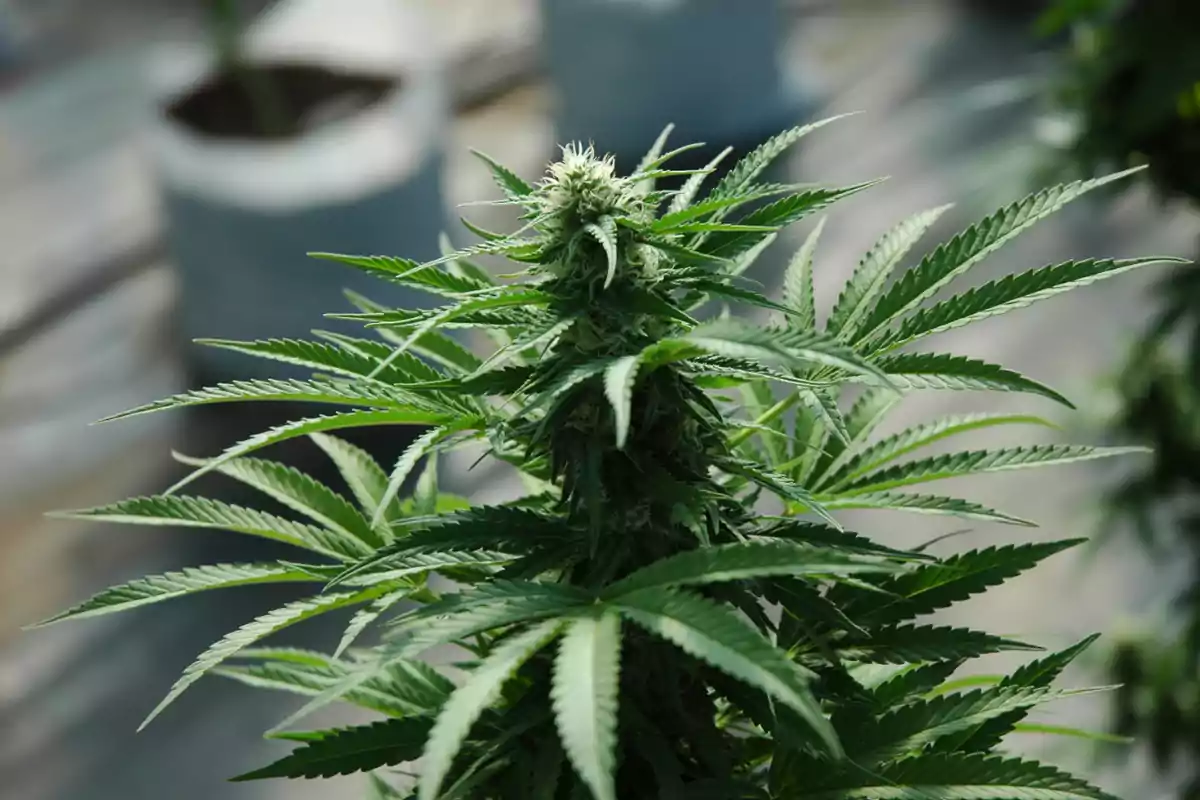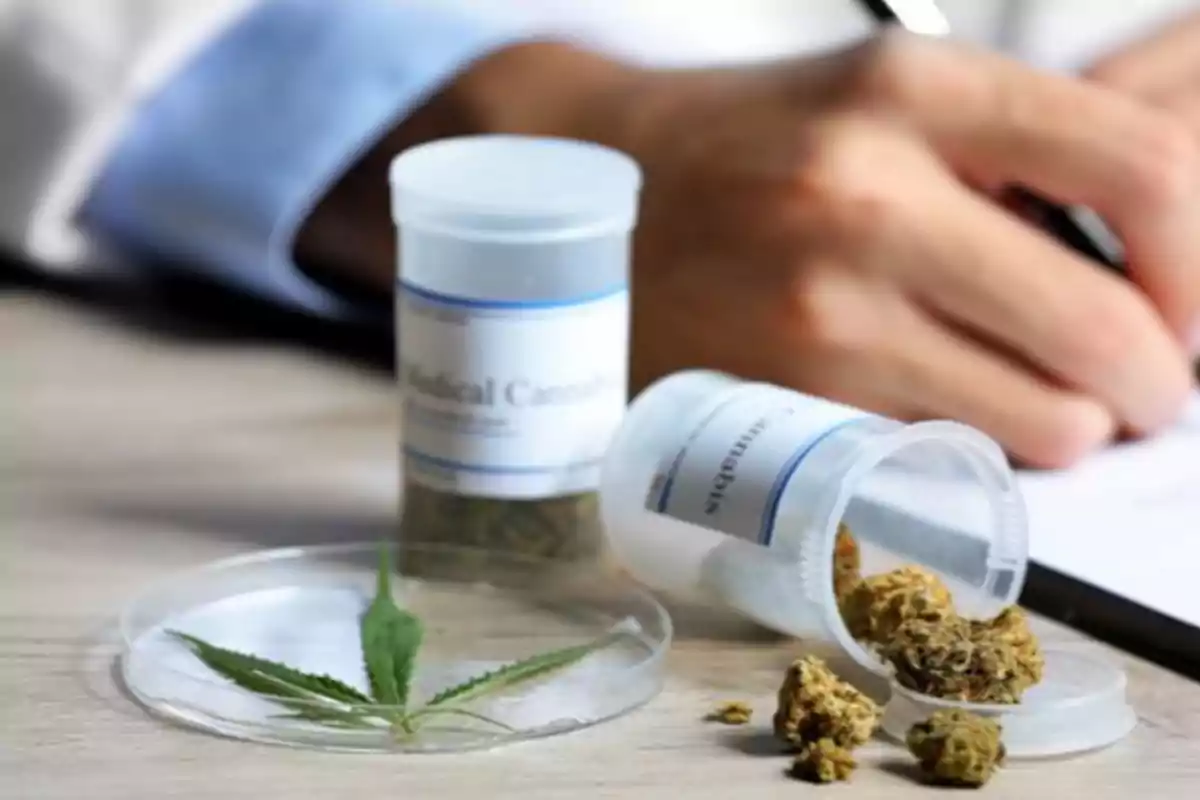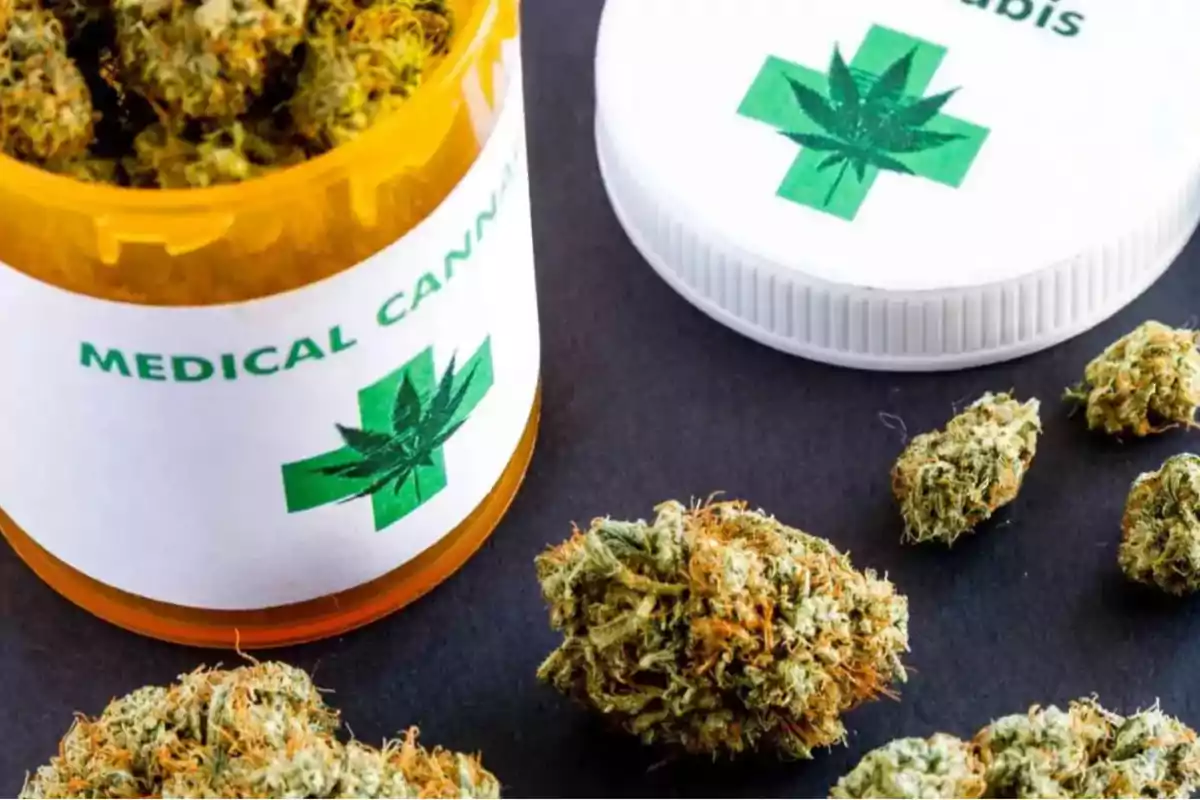
The Government tightens requirements for medicinal cannabis and relaunches Reprocann
Civil organizations and foundations were also affected by the new regulation
More than a year and a half after taking office, the national government updated the regulation on the medicinal use of cannabis through Resolution 1780/2025 of the Ministry of Health. The measure, published this Friday in the Official Gazette, aims to organize the Cannabis Program Registry (Reprocann) and tightens the requirements for both individual and collective cultivation, affecting about 100,000 people waiting to be authorized.
The resolution establishes new categories for those registered: users or patients, cultivators, and legal entities involved in research and development projects. The objective, according to the official text, is "to correct adverse effects of the system" and prevent the commercial use of permits granted under the figure of a solidarity cultivator.
Individual cultivation: the current scheme remains
Despite the changes, little changes for self-cultivators who already have authorization. People with medical indication will continue to be able to cultivate up to nine flowering plants with permits valid for three years, just like in the previous regulation. The margins for transporting cannabis also remain: up to 40 grams of flowers or 30 milliliters of oil, as long as the user is registered in the Mi Argentina app.

People who started the registration process in Reprocann but have not yet been approved will have to start the process again under the new requirements.
Solidarity cultivators: stricter limits and controls
Those who cultivate for a third party may do so only for one additional user and must demonstrate the latter's waiver to be a self-cultivator. Additionally, they must present a clean criminal record, semi-annual chromatographic reports, and a sworn statement detailing the number of plants, their status, and genetics.
"Improper use of the solidarity cultivator figure for commercial purposes has been observed in practice," the official document states.
NGOs: requirements more similar to those of a clinic

Civil organizations and foundations were also affected by the new regulation. They must be registered within the legal framework of medicinal cannabis and renew their authorization annually. Among other requirements, they must:
- Submit precise lists of patients
- Ensure medical confidentiality
- Appoint a Medical Director with specific training in medicinal cannabis
- Submit semi-annual technical and medical reports under sworn statement
- Have a Technical Manager with experience in agricultural or plant scientific production
The role of doctors: registration, training, and digital signature
Doctors who prescribe cannabis must be registered in the Federal Network of Health Professionals Registries (REFEPS) and have accredited training in medicinal cannabis treatment. They must also have a digital signature validated by the Ministry of Health.
More posts: